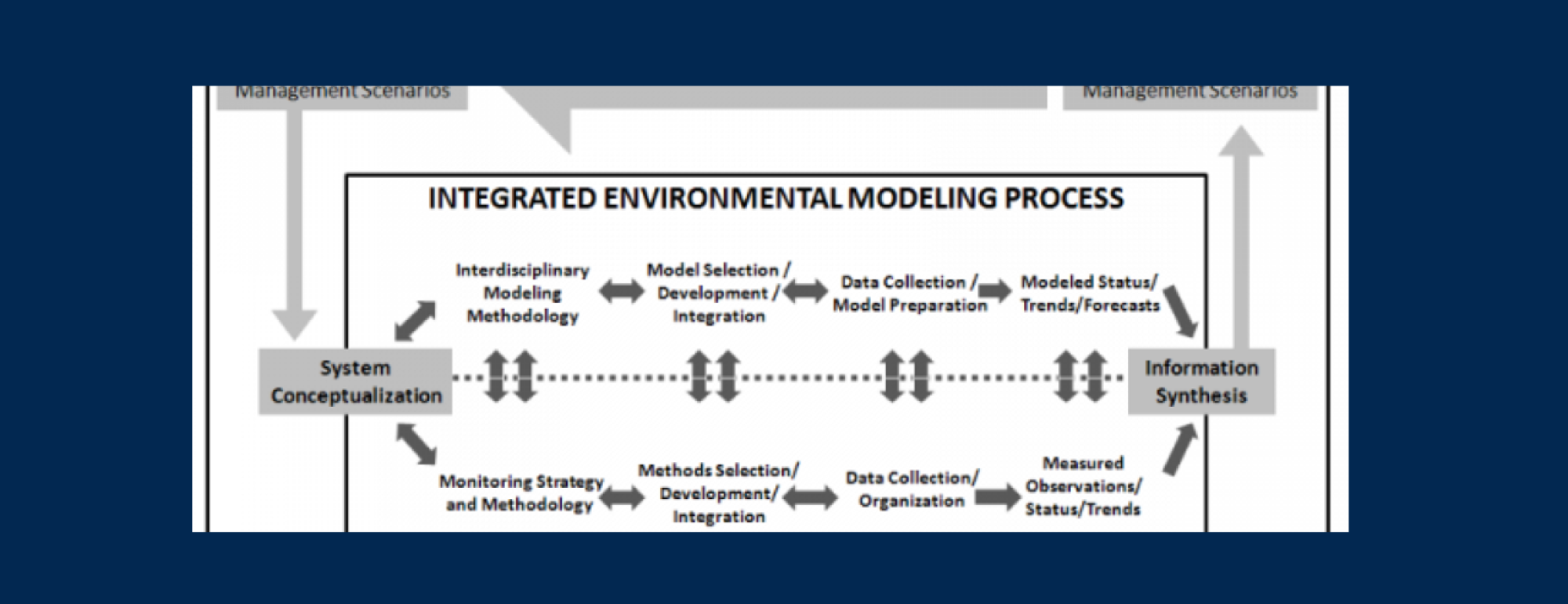Integrated Modeling for Adaptive Management of Estuarine Systems
Workshop
May 21-22, 2015, UC Davis Campus
Like many estuarine systems, California’s Sacramento-San Joaquin Delta needs to revolutionize how models and data are developed and integrated to support adaptive management. Durable and adaptive solutions must account for a cascade of interacting social, economic, and ecological effects.
The National Science Foundation is sponsoring an Integrated Modeling Workshop to explore ways to improve the development and application of modeling for multipurpose management of changing estuarine systems. The two-day workshop will bring together experts from Europe, Asia and across the U.S. Potential solutions will be identified and discussed from multiple perspectives: government, academia, NGOs, consultants and stakeholders.
Approaches to be discussed include:
Community modeling leverages the expertise of many public, private, NGO, and academic researchers for understanding complex environmental problems and supporting adaptive management. Community modeling is a way to connect experts on each of the system components through a common framework. Community modeling requires a sustainable business model that works across agencies, universities, NGOs and the private sector.
Public domain models and data can include open source and more proprietary and controlled approaches to develop software and data. Such approaches are especially important where a broad common understanding must be developed among many interests and where alternatives must be compared with transparency and minimal cost.
Integrated Environmental Modeling (IEM) uses information technologies to couple independently developed models. Modular modeling components are assembled flexibly to explore, explain, and forecast the behavior of various system purposes. IEM systems around the world include diverse stand-alone applications and high performance computer clusters.
Workshop Program (Updated May 19, 2015)
- Integrated Environmental Modeling
- Decision support systems: science/modeling organizations that bridge the science-policy gap
- Directions for improved integrated modeling of estuarine systems
The workshop is organized by the Delta Stewardship Council/Delta Science Program and UC Davis Center for Watershed Sciences. The National Science Foundation is sponsoring the event in partnership with the California Water and Environmental Modeling Forum and the International Association for Hydro-Environment Engineering and Research.
GRADUATE STUDENTS GRANTS
Student stipends are available on a first come first serve basis. Please fill out the student stipend request form. We can provide an stipend of $100 if located around 50 mi from Davis, $150 if located between 51 and 150 miles from Davis and $300 beyond 150 miles including out of state.
Funding
This workshop was supported by the National Science Foundation under Award: A Workshop on Community Integrated Environmental Models (Grant Number 1464440). The Organizing Committee acknowledges supplemental support by the Delta Stewardship Council through the Delta Science Program and the Center for Watershed Sciences.
Disclaimer
"Any opinions, findings, and conclusions or recommendations expressed in this material are those of the author(s) and do not necessarily reflect the views of the National Science Foundation."
Collaborators: Christopher Enright
Peter Goodwin

